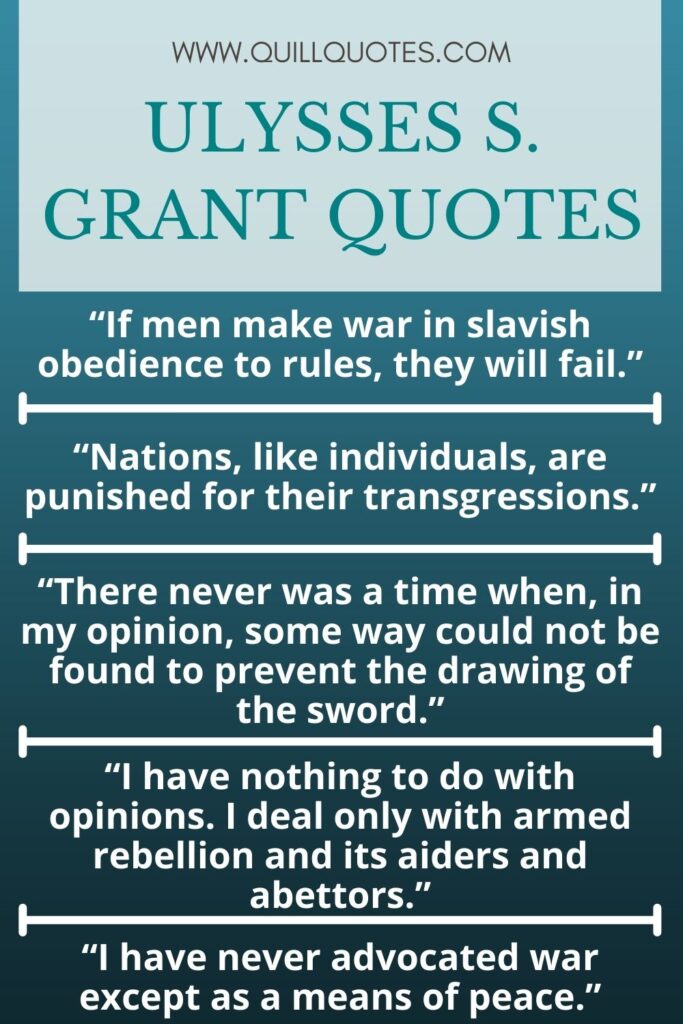There is always much to learn from quotes and their historical significance. Read on for a collection of quotes and general history from April 4th – 10th.

April 4, 1968
“And then I got to Memphis. And some began to say the threats… or talk about the threats that were out. What would happen to me from some of our sick white brothers? Well, I don’t know what will happen now. We’ve got some difficult days ahead. But it doesn’t matter with me now. Because I’ve been to the mountaintop. And I don’t mind. Like anybody, I would like to live a long life. Longevity has its place. But I’m not concerned about that now. I just want to do God’s will. And He’s allowed me to go up to the mountain. And I’ve looked over. And I’ve seen the promised land. I may not get there with you. But I want you to know tonight, that we, as a people, will get to the promised land! And so I’m happy, tonight. I’m not worried about anything. I’m not fearing any man. My eyes have seen the glory of the coming of the Lord!”
– Martin Luther King Jr., “I’ve Been to the Mountaintop” Speech, April 3, 1968
Martin Luther King Jr. was assassinated at the Lorraine Motel in Memphis, Tennessee, on April 4, 1968. King’s final speech, “I’ve Been to the Mountaintop”, had just been delivered the previous day in which he discussed the possibility of an untimely death. His assassination led to riots in over 100 U.S. cities that many believe to be the greatest wave of social unrest since the Civil War. King’s funeral was attended by a crowd of 300,000 on April 9th. The FBI led the investigation of King’s assassination and James Earl Ray was arrested at London’s Heathrow Airport on June 8th. Ray pleaded guilty and was sentenced to 99 years in prison on March 10, 1969, but later made many attempts to withdraw his guilty plea. Many conspiracy theories allege Ray was a scapegoat and the assassination was arranged by the U.S. government, the mafia, and Memphis police.
April 5, 1997
“I believe that education is all about being excited about something. Seeing passion and enthusiasm helps push an educational message.”
– Steve Irwin
“The Crocodile Hunter”, starring Steve Irwin, officially premiered on Animal Planet on April 5, 1997. This first season followed the 2-hour pilot episode that had aired in October 1996 on Discovery Channel. The series quickly became popular due to Irwin’s obvious enthusiasm and hands-on approach to nature! Sadly, the series ended in 2004, two years before Irwin’s death on September 4, 2006. His death occurred while filming in Australia’s Great Barrier Reef after getting stabbed in the chest by a stingray barb. The shock of his passing became international news and many parks, zoos, streets, and even an asteroid have since been named in his honor.
April 6, 1917
“The Imperial German Government has committed repeated acts of war against the people of the United States of America; therefore, be it resolved by the Senate and House of Representatives of the United States of America in Congress assembled, That the state of war between the United States and the Imperial German Government, which has thus been thrust upon the United States, is hereby formally declared.”
– United States Congress
The United States declared war against Germany on April 6, 1917, officially entering World War I. After more than two and a half years of remaining neutral, President Woodrow Wilson asked Congress for “a war to end all wars” that would “make the world safe for democracy”. Most Americans had supported neutrality throughout the war, content to sit out the fighting while U.S. banks made huge loans to the Entente powers (Allies). However, public opinion quickly began to shift in favor of the war due to the Zimmermann Telegram (January 16, 1917) and Germany’s resumption of unrestricted submarine warfare.
April 7, 1994
“Rwanda can be a paradise again, but it will take the love of the entire world to heal my homeland. And that’s as it should be, for what happened in Rwanda happened to us all – humanity was wounded by the genocide.”
– Immaculee Ilibagiza
The Rwandan genocide began on April 7, 1994, during the Rwandan Civil War. Over the next 100 days, up to 800,000 members of the Tutsi minority ethnic group were killed by armed militias. The genocide began the day after President Juvénal Habyarimana was assassinated, ending the peace accords between the Rwandan government and the Rwanda Patriotic Front (RPF). The RPF quickly resumed the civil war and eventually took control of the country, forming a new government and ending the killings.
April 8, 1820
“Don’t bite your nails, look what happened to the Venus de Milo!”
– Dean Martin
The ancient Greek statue Venus de Milo was discovered on April 8, 1820. Created sometime between 130 and 100 BC, the sculptor was initially thought to be Praxiteles but an inscription on the statue’s base was later discovered attributing the statue to Alexandros of Antioch. The statue is believed to depict Aphrodite, the Greek goddess of love and beauty, but uses her Roman name Venus combined with the Greek island of Milos where it was discovered to name the statue. Despite the statue’s arms being missing for unknown reasons, the Venus de Milo has become one of the most famous works of ancient Greek sculpture! Today, it is on permanent display at the Louvre Museum in Paris.

April 9, 1865
“In every battle there comes a time when both sides consider themselves beaten, then he who continues the attack wins.”
– Ulysses S. Grant
Confederate General Robert E. Lee surrendered to Union General Ulysses S. Grant at the Battle of Appomattox Court House on April 9, 1865. Lee had abandoned the Confederate capital of Richmond, Virginia, and was retreating west to join the remaining Confederate forces in North Carolina. However, Lee was unable to break through the surrounding Union forces and had no choice but to surrender. In an untraditional show of respect, and in hopes of restoring the Confederate states to the Union, Grant allowed Lee and his troops to keep their sidearms and horses. Lee’s surrender triggered a series of Confederates across the South to follow suit, effectively ending the Civil War!


April 10, 1790
“Being an independent inventor is tough. You develop a product, patent it, then you’re looking for someone who will see the benefit from this technology. You assume all the investment and all the risk. It can be a challenge.”
– Lonnie Johnson
The Patent Act of 1790 was enacted on April 10, 1790, forming the United States patent system. The law defined “any useful art, manufacture, engine, machine, or device, or any improvement there on not before known or used” to be eligible for a patent and granted the patent holder the “sole and exclusive right and liberty of making, constructing, using and vending to others to be used” of their invention for a period of up to 14 years. Obtaining a patent required a total fee of about four to five dollars and completing an examination. However, the examination process required an unreasonable amount of time and was removed in 1793.
In case you missed last week’s quotes, see History March 28th – April 3rd.
To never miss a Quill Quotes post, please subscribe via email and/or follow us on social media!


I got emotional reading Martin Luther King’s quote. What a great man! Another great post. Thanks for sharing.
Yea, I’d heard/read snippets of MLK’s “I’ve Been to the Mountaintop” Speech before researching this article but never realized it was from the day before he was killed. Glad you enjoyed the post!